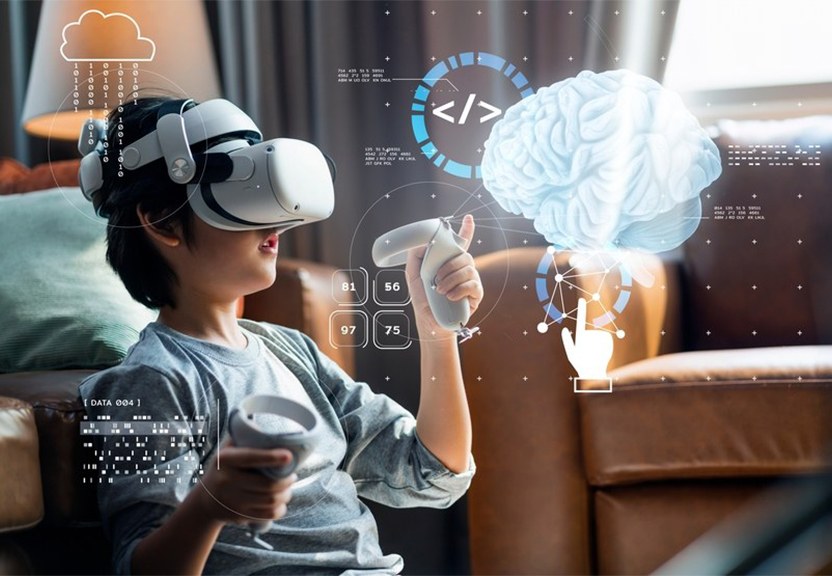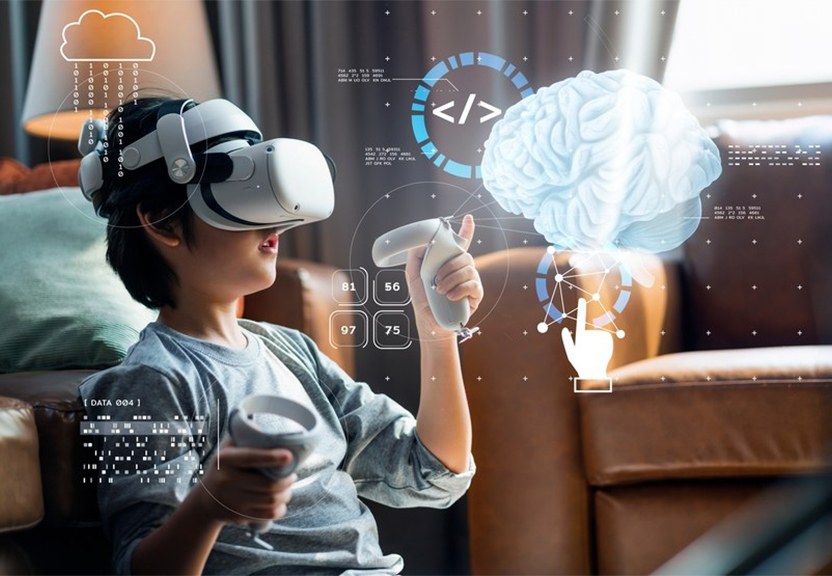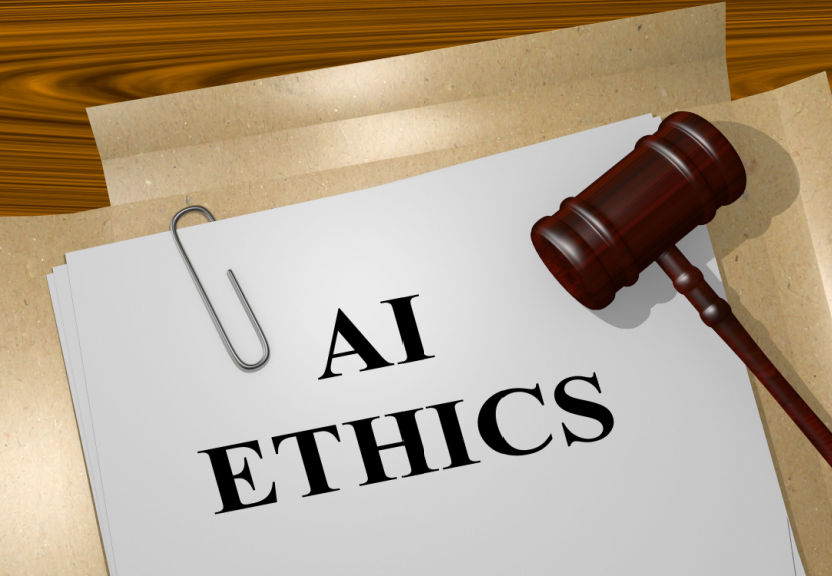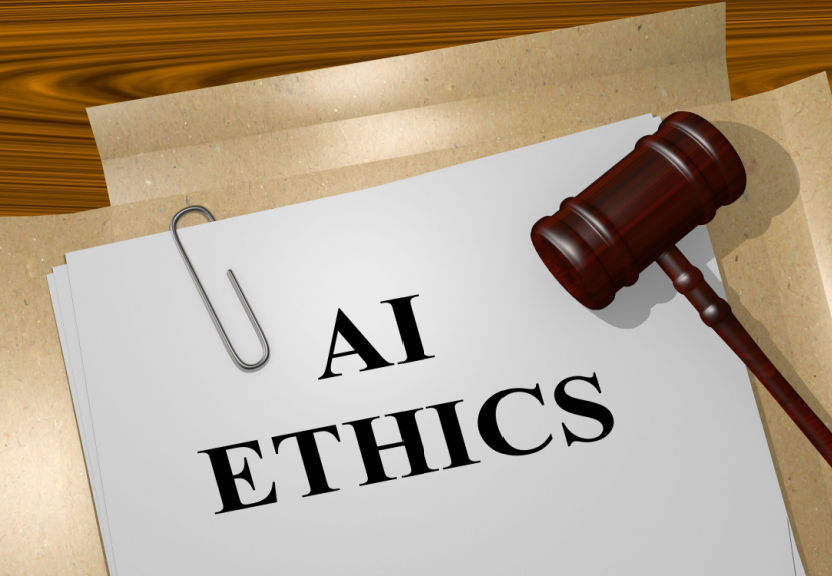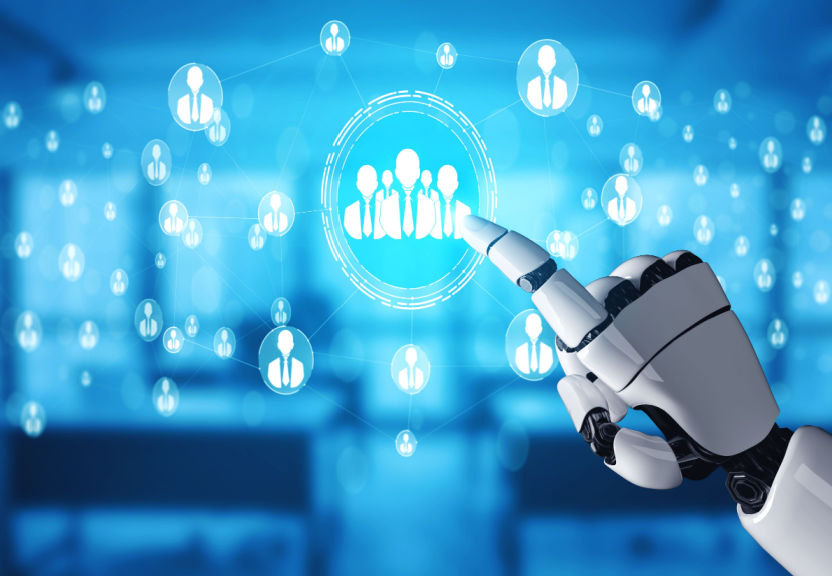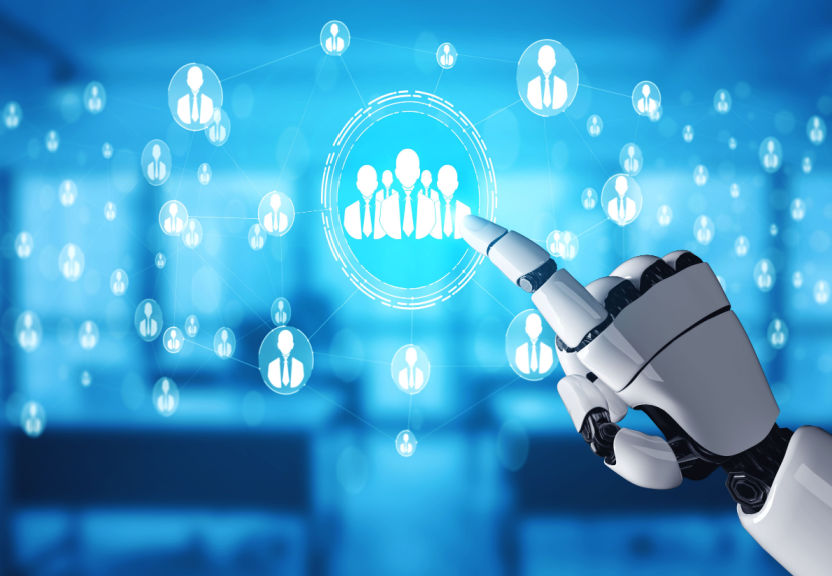Machine Learning in HealthCare
Machine learning (ML) is a rapidly evolving field of artificial intelligence (AI) that has the potential to revolutionize healthcare. From diagnostic tools to personalized treatment plans, ML has the ability to improve the efficiency and accuracy of healthcare delivery. In this article, we will explore the use of ML in healthcare and the potential benefits and challenges of this technology.
One of the most significant potential benefits of ML in healthcare is the ability to improve diagnostic accuracy. With the ability to analyze large amounts of data, ML algorithms can identify patterns and correlations that may be difficult for human physicians to detect. For example, ML-powered diagnostic tools can analyze medical images such as x-rays and CT scans to identify signs of disease, and can even predict the likelihood of a patient developing a specific condition.
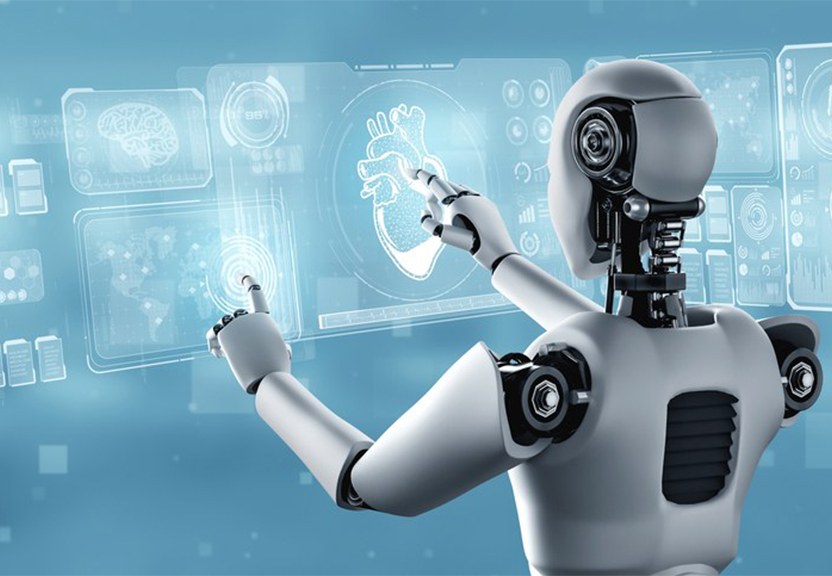
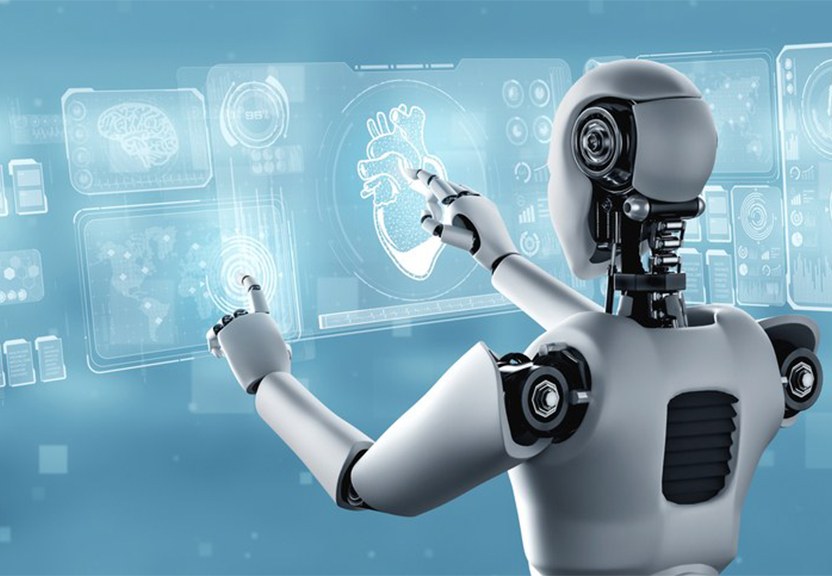
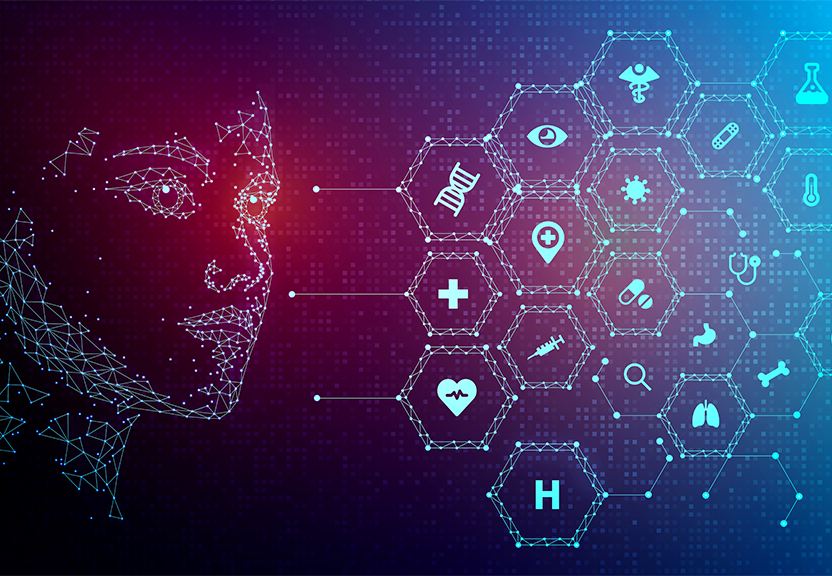
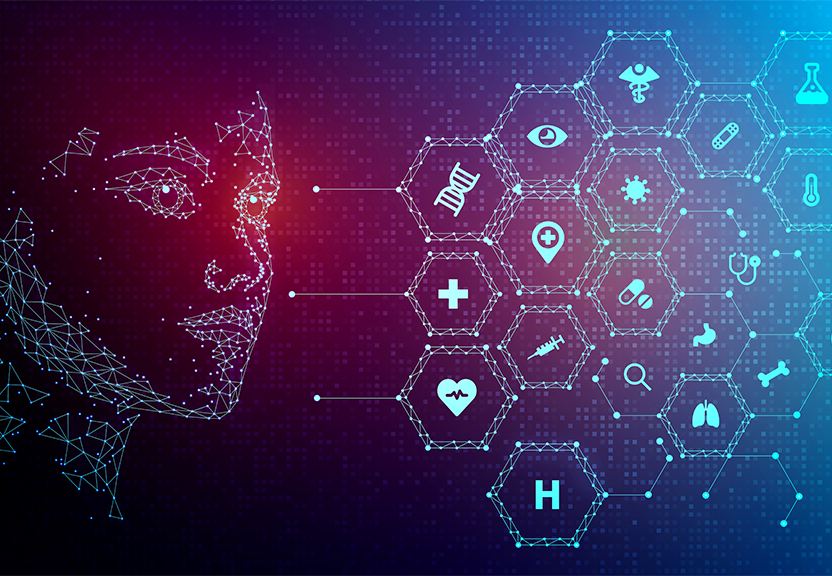


Another potential benefit of ML in healthcare is the ability to personalize treatment plans. ML algorithms can analyze a patient’s medical history, genetic information, and other data to identify the most effective treatment options. For example, ML can be used to identify the best drug or dosage for a specific patient, reducing the need for trial-and-error methods.
ML can also be used to improve the efficiency of healthcare delivery by automating routine tasks and identifying bottlenecks in the system. For example, ML-powered chatbots can be used to triage patients, allowing medical professionals to focus on more complex cases. Additionally, ML can be used to optimize the scheduling of surgeries and appointments, reducing wait times for patients.
Despite these benefits, there are also challenges to using ML in healthcare. One major challenge is the need for large amounts of high-quality data to train ML algorithms. This can be difficult to obtain, particularly for rare diseases or conditions. Additionally, there is a lack of standardization in the field, making it difficult for healthcare professionals to integrate ML into their practice. Furthermore, ML can perpetuate biases and discrimination if the data used to train the model is biased.
In conclusion, ML has the potential to revolutionize healthcare by improving diagnostic accuracy, personalizing treatment plans, and increasing the efficiency of healthcare delivery. However, there are also challenges that must be overcome, including the need for high-quality data, lack of standardization, and the potential to perpetuate biases. Investing in research and development to address these challenges, as well as investing in education and training programs to prepare healthcare professionals to use ML, will be crucial to realizing the full potential of this technology in healthcare.
The articles and information within this website are my sole opinion and derived from my sole experience. They are meant for general information purposes only and is not meant to substitute professional dietary and/or health advice or treatment. If you have or suspect you may have allergies or medical issues which may be affected by certain foods, or have or suspect you may have any illness and/or disease and/or chronic ailment and/or other, you should promptly contact your health care provider. Any statements regarding diets and/or nutrition and/or health are to be used at your discretion and are not intended to diagnose, treat, cure or prevent any disease.




